Connecting with others is vital for good mental health, and luckily enough, there’s no right or wrong way to enjoy other people’s company. If your version of a good Christmas means as much socialising as possible, then host people at your home, send Christmas cards, say yes to invitations and email or text your loved ones all month. On the other hand, if party season spikes your anxiety, then skip parties in favour of one-on-one winter walks or phone calls with the people who appreciate your quiet side.
Whether you like a companion or a crowd, Christmas is traditionally a festival that we share with others. But thanks to ill health, poor weather and miscommunication, it’s also a peak time of year for cancelled plans. If your plans fall through, it’s a good idea to have some self-care strategies in your back pocket to lift your spirits.
Connecting with others can be a great way to tackle loneliness head-on. From church or park events to Sarah Millican’s #JoinIn hashtag on Christmas Day, seasonal events are an easy way to connect with dozens of others. If you’d like to spend Christmas with people but don’t have plans yet, consider whether you could attend – or host – an ‘orphan’s Christmas’, joining up with others who are in the same boat as you. If you’re feeling low and looking for more support, then helplines like those of Samaritans, and online forums like Mind’s Side by Side, are available around the clock.
When you’re on your own, there are plenty of ways to show yourself care and kindness this season. Eating well and getting exercise are undoubtedly harder during mince pie season – all the more reason to be proud of getting our five-a-day, having a day or week without drinking, or going for a lunchtime walk.
If you want to go beyond your common-sense strategies, the NHS has self-help tips, guides and tools available for free online. In particular, its Every Mind Matters website has self-guided CBT (Cognitive Behavioural Therapy) that you can do anytime, anywhere, when loneliness hits.
















